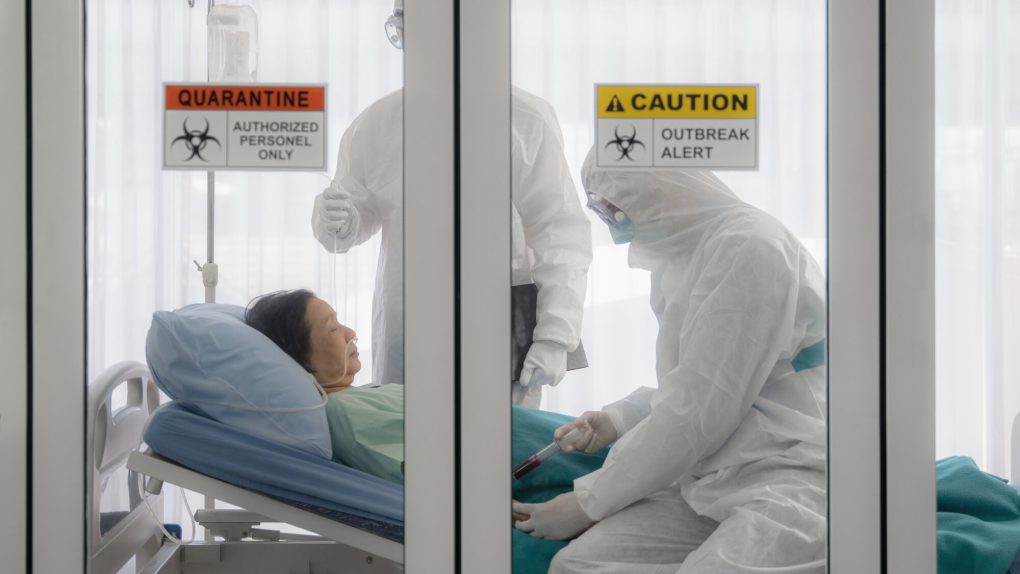- The latest coronavirus update from Johns Hopkins University researchers shows that more than 17.9 million coronavirus cases have been reported in the US as of the time of this writing.
- Public health officials say antibody drugs from Eli Lilly and Regeneron could dramatically reduce coronavirus hospitalizations.
- However, the rollout of these coronavirus antibody drugs has been patchy, at best.
So much importance has been attached to the ongoing rollout of coronavirus vaccines around the US right now from drugmakers like Pfizer and Moderna, but there’s another COVID treatment already close at hand that’s being vastly underutilized.
That’s according to federal health officials like US Health Secretary Alex Azar and Moncef Slaoui, chief scientific advisor for the federal government’s Operation Warp Speed vaccine program. They’re referring to antibody drugs from pharmaceutical giants like Eli Lilly and Regeneron, which can cut coronavirus hospitalizations in half or more. However, new reporting shows that while some 65,000 doses of the drugs are being distributed to states each week, somewhere between only 5% and 20% are being used.
The latter is according to Slaoui, who said in an interview with CNBC that the usage should be “much more,” because these drugs which are meant for patients at high risk of contracting a severe form of COVID-19 could cut down on hospitalizations by as much as 70%. Likewise, Azar, from an interview with CNBC’s Shepard Smith a few days ago: “We have a surplus of these monoclonal antibodies right now. What’s happening is people are waiting too long to seek out the treatments.”
These comments come as more than half a million coronavirus vaccines have been administered in the US as of the time of this writing, according to Bloomberg’s vaccine tracker. But there’s still much more work to do along the lines, since that data showed that, as yet, no state has vaccinated even 1% of its population, though a few states are close. Meanwhile, the latest Johns Hopkins University coronavirus data shows that more than 17.9 million coronavirus cases have been found in the US to date, and more than 318,000 people in the US have died from the coronavirus.
The amount of antibody drugs has surged in recent weeks from scarcity to surplus as the pandemic has continued to rage around the US.
“If you are over 65 or at risk of serious complications or hospitalization due to co-morbidities, what have you, and you test positive, you need to seek out and get the Lilly or Regeneron monoclonal antibody,” Azar said on The News with Shepard Smith. “It can dramatically reduce the risk for us of hospitalizations at a time when hospitals are getting very crowded with people with COVID.”
What’s worrisome about the way the rollout of these drugs has been so patchy, though, is that it may be an ominous omen of how well, or not, the all-important coronavirus vaccine rollout is going to go around the country. For the antibody drugs, specific infrastructure needs to be set up and in place in order to administer the drugs to people. Some states are using all of the allocation they’re getting from the federal government, while others, according to former FDA Commissioner Dr. Scott Gottlieb, might not be using any of their allocation.
Great reporting by @megtirrell. Some states have distributed little, and perhaps none of the doses allocated to them; among them Georgia, Illinois, others. We need to make sure these drugs are accessible, distribution is equitable, and that underserved communities aren't left out https://t.co/2KJwsSTgX4
— Scott Gottlieb, MD (@ScottGottliebMD) December 15, 2020







